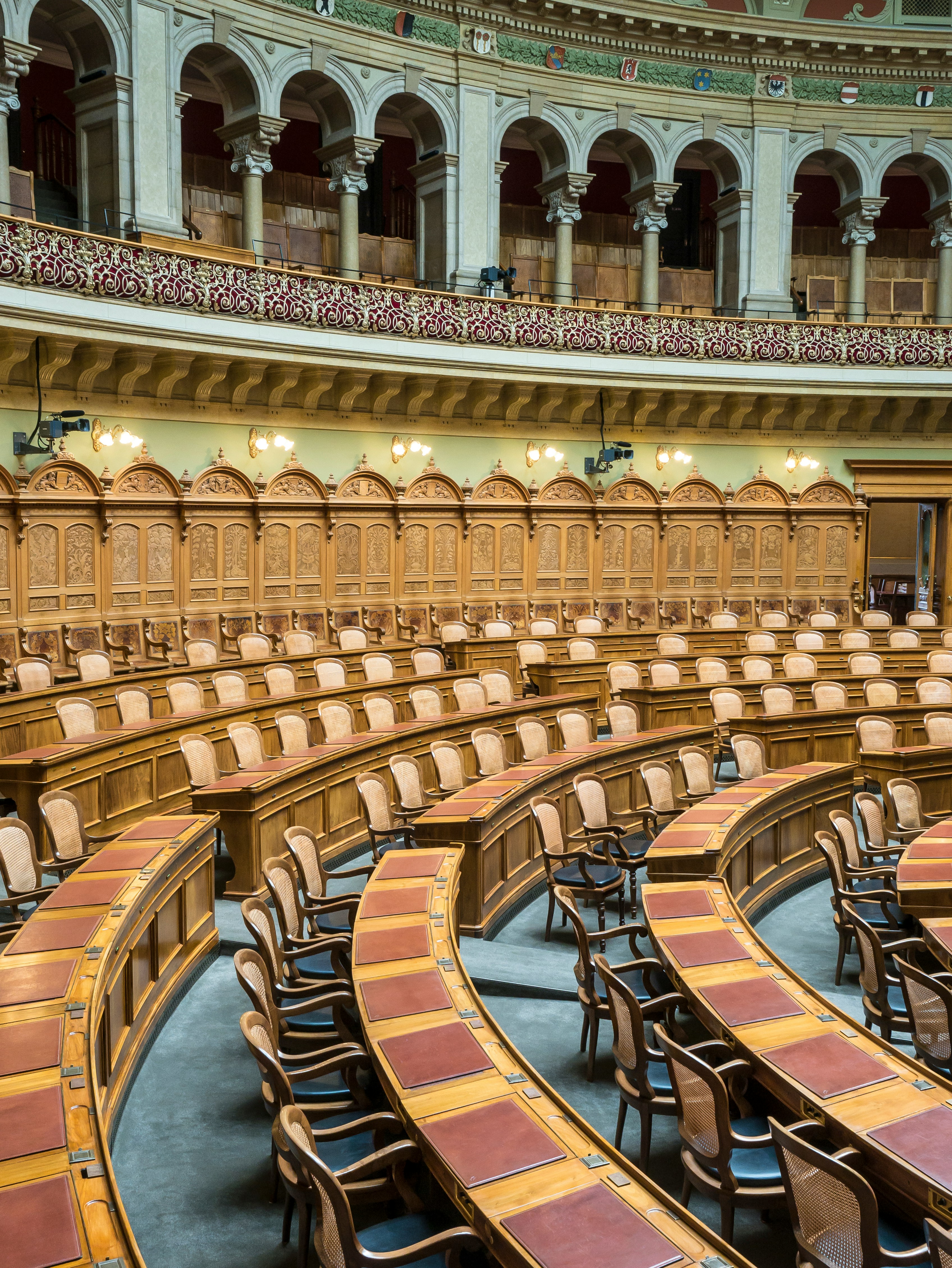
Ambassador Schmidt, ex-Parliamentary Member Hye-young Jang at Climate Talks Seoul 2024 (Image credit: SFOC)
September 30, 2024 (SEOUL) — As countries around the globe struggle with unprecedented heat waves and natural disasters, sharing experiences and technical know-how related to the energy transition is emerging as a key area of cooperation between nations.
To facilitate engagement between experts, policy practitioners, youth activists, as well as the public, the German Embassy to the Republic of Korea partnered with Solutions for Our Climate (SFOC), an independent nonprofit organization that works to accelerate global greenhouse gas emissions reduction and energy transition, to release a video on “Germany, A History of Energy Transition”.
Today’s screening, part of the broader German government’s Climate Talks Seoul 2024 project, brought together over 40 participants including policy experts, diplomats, youth climate activists, and students. German Ambassador to Korea, H.E. Georg Schmidt, was featured in the video and delivered opening remarks at the event, emphasizing the importance of cooperation between Germany and Korea on climate issues.
“We must transform to renewables as fast as possible because it makes us more independent and resilient. […] The climate does not wait for us,” Ambassador Schmidt said.

Ambassador Schmidt delivering opening remarks for Climate Talks Seoul 2024 (Image credit: SFOC)
Germany and Korea have traditionally relied on fossil fuels, particularly coal, to fuel their industrialization and economic growth. Today, both countries are committed to decarbonizing their economy by 2045 and 2050, respectively. The growing focus on addressing environmental issues and climate change has also been reflected in social movements, including recent momentum in the field of climate litigation victories including the 2020 and 2023 cases in Germany and the recent South Korean case, which marked Asia’s first climate litigation victory. These commonalities, underpinned by a 141-year history of Korean-German bilateral relations, create synergies for mutual learning.
Germany initiated its transition towards renewable energy approximately two decades ahead of Korea. As of 2023, 52% of Germany’s electricity is generated from renewables with a target of sourcing 80% of its electricity from renewable energy by 2030. On the other hand, in Korea only around 9% of electricity is produced from renewable energy sources, making Germany’s experience in phasing out coal and expanding renewable energy a valuable reference for the domestic energy transition.
Following the opening remarks and video screening, the event included a panel discussion between diverse stakeholder groups covering policy expertise and youth movements, including Ambassador Schmidt, ex-Parliamentary Member Hye-young Jang, Min Kim (Big Wave), Younghyun Song (NEXT Group), and Jihyeon Ha (SFOC).
“Data-driven insights from independent and science-based research show the high costs associated with stranded assets. Germany has taken a proactive approach to the issue of stranded assets, with a government-run transition support program, and South Korea should build on these programs to strengthen transition support for coal regions. Financial support and incentives will be a key means of enabling this transition,” said Younghyun Song, CTO at NEXT Group.
“Amongst young people and the public, there is a general sentiment that coal is an outdated energy source in Korea. However, it's surprising that as many as 61 coal power plants remain in operation in Korea, with over 33% of electricity generated through burning coal. To protect citizens' rights and respond to climate change, phasing out coal is critical both for electricity generation and other industries such as steelmaking,” said Min Kim, Co-representative at BigWave.
Providing closing remarks for the event, Joojin Kim, CEO at Solutions for Our Climate emphasized the urgency and scale of the transition challenge, “Due to its high greenhouse gas emissions and air pollution impacts, coal phase-out is a critical issue in Korea. While the government has announced the phase-out of coal by 2050, legal frameworks and concrete policy mechanisms to support both the phase-out of coal and the accelerated deployment of renewable energy are needed to facilitate the energy transition.”
Photos from the press conference can be accessed here (Image credit: SFOC).
ENDS.
Solutions for Our Climate (SFOC) is an independent nonprofit organization that works to accelerate global greenhouse gas emissions reduction and energy transition. SFOC leverages research, litigation, community organizing, and strategic communications to deliver practical climate solutions and build movements for change.
For media inquiries, please reach out to Kate Kalinova, Communications Officer, at kate.kalinova@forourclimate.org.
Share this insights

























![[이슈 브리프] 탈석탄 투자 가이드라인](https://content.sfoc.tapahalab.com/images/research/tJRidme.jpg)
![[이슈 브리프] 신설 석탄발전소 가치평가 결과와 시사점](https://content.sfoc.tapahalab.com/images/research/nQCGime.jpg)




